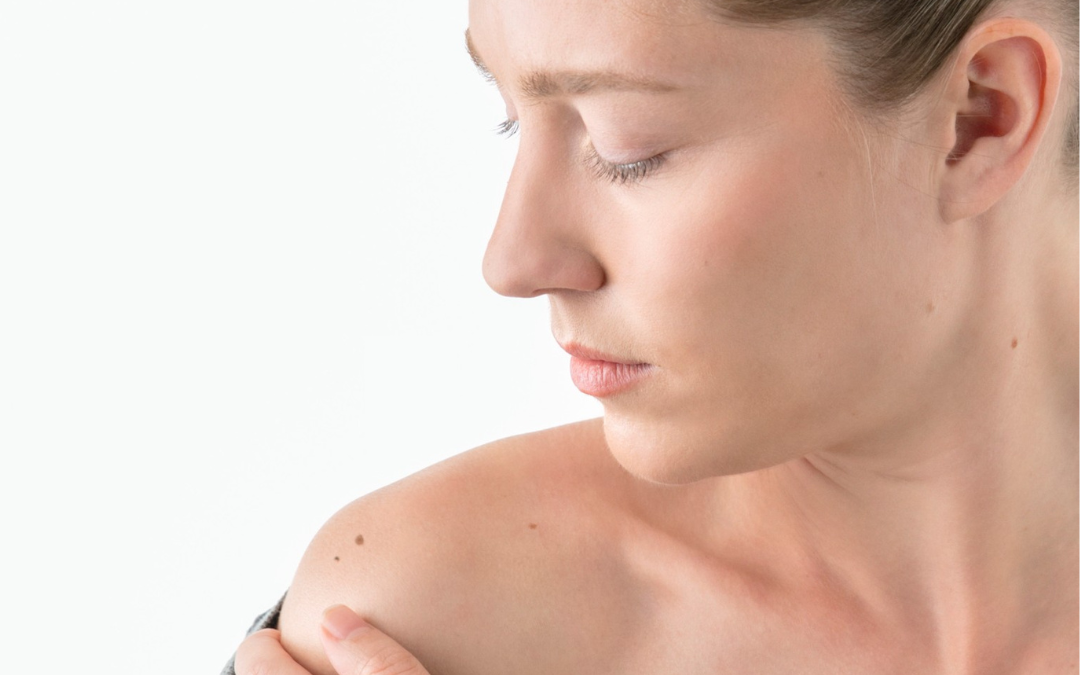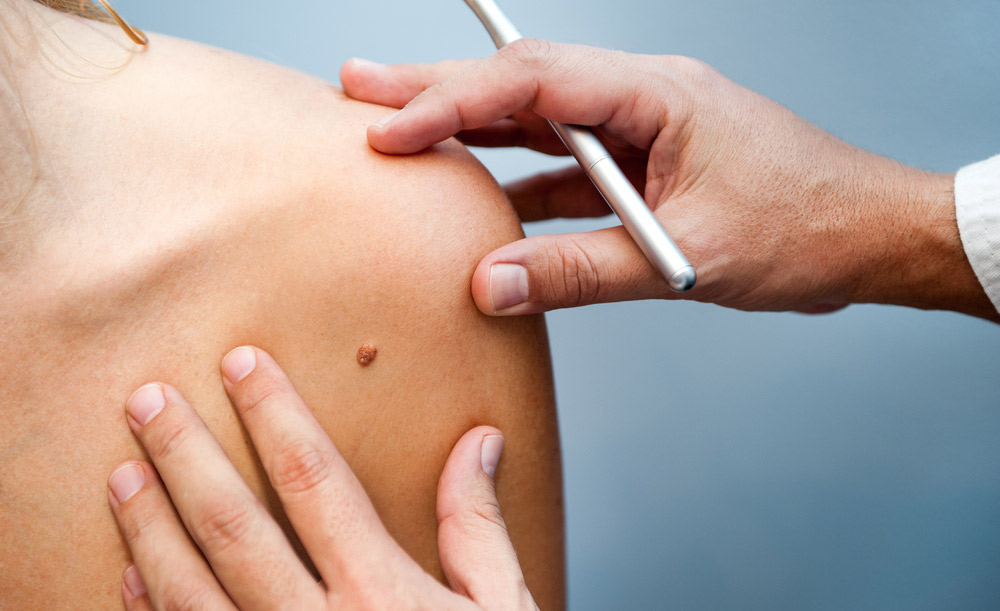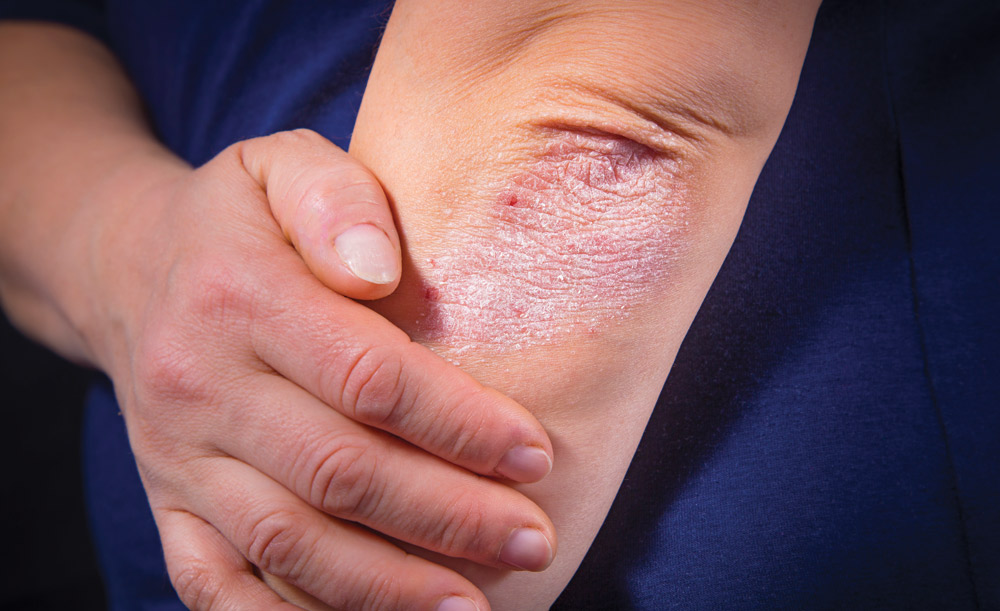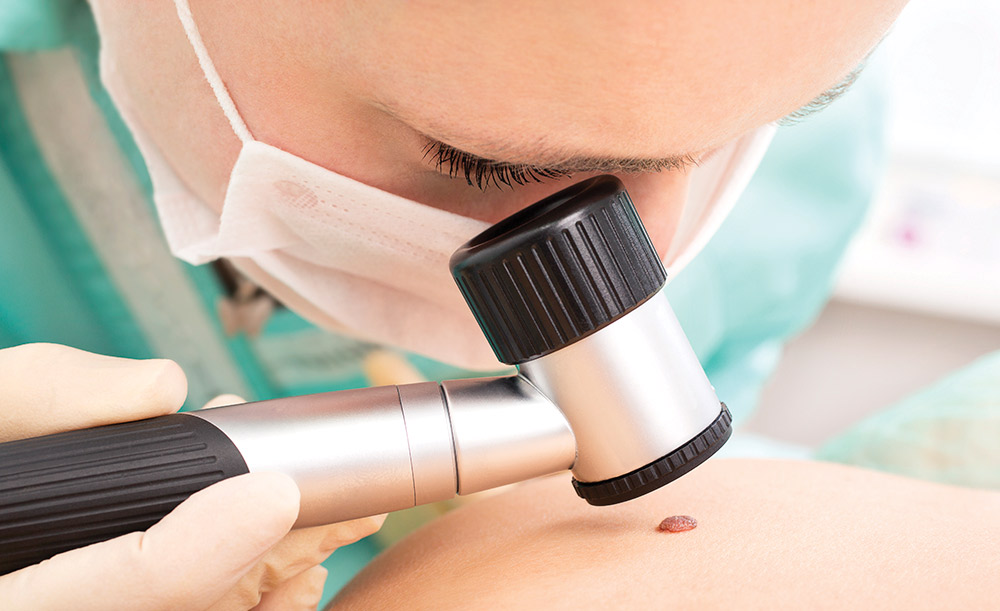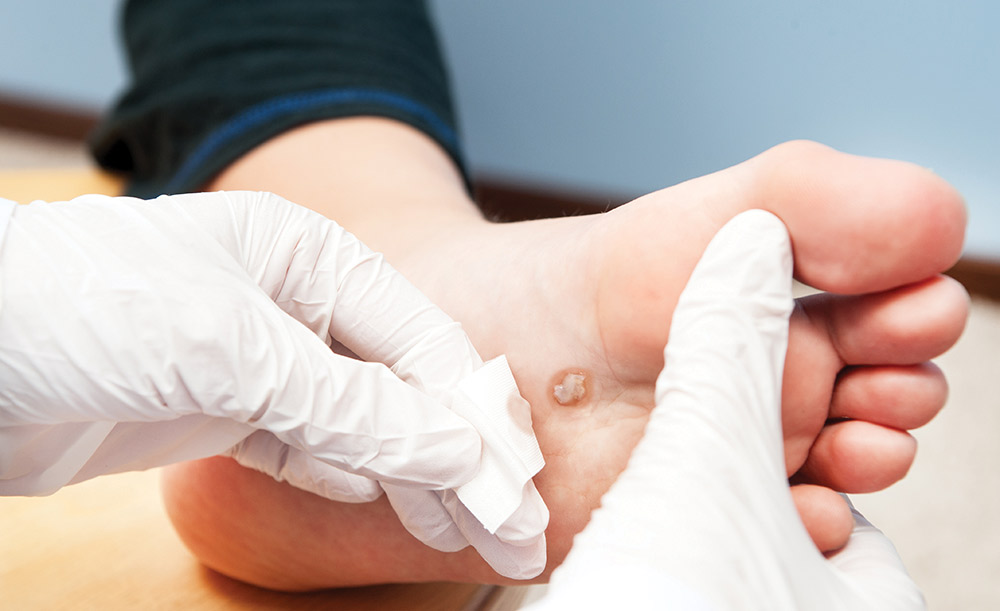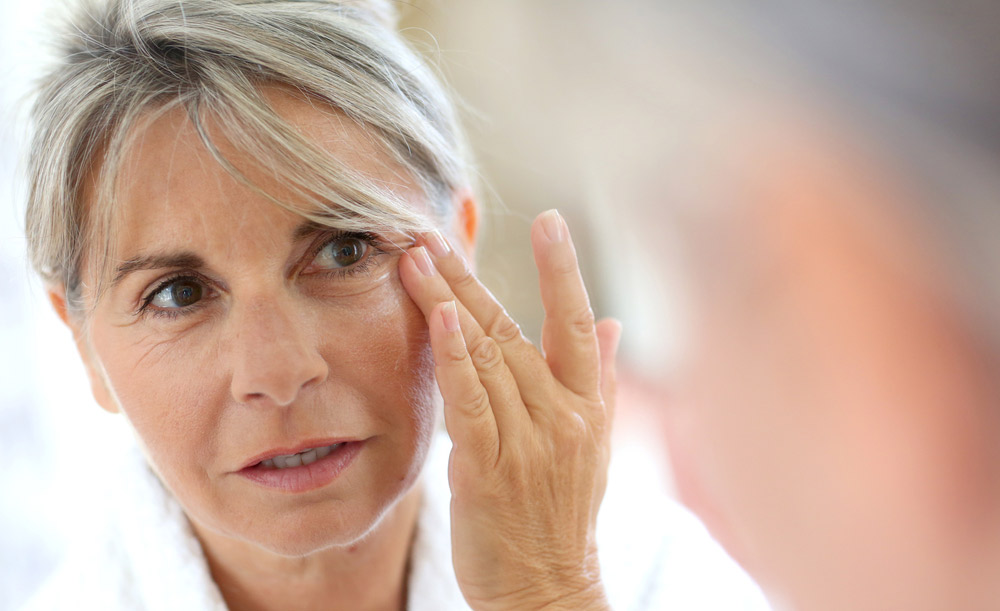Knowing the difference between skin cancer or a sun spot could literally save your life. Freckles, sun spots, moles and more. Our skin can develop countless bumps and marks. Some are harmless but others could be more serious. If you are wondering if a mark is skin cancer or sun spot, its probably time to see your dermatologist. But here are some ways to know the difference.
Are you at high risk?

Some people are at a higher risk for skin cancer. If you have any of the following, you should take extra precautions, schedule routine screenings, and do self-checks often.
- Fair skin
- Family history or skin cancer
- Naturally, light-colored hair like red or blonde
- A history of serious sunburns or prolonged sun exposure
- A large number of moles on your body
Perform Self Checks
Despite your risk level, it’s important to schedule full-body skin screenings with your doctor. However, everyone should perform regular self-checks as well. Each month check your skin from head to toe. Look for any abnormal marks or moles.
Watch For….
What should you be looking for during your exams? An easy way to remember is to use the ABCDE rule.
- Asymmetry: When one half of the mark or mole looks vastly different in shape to the other half.
- Borders: edges that are uneven, irregular, or blurry on the outside of the mark or mole.
- Color: a variety of colors or shading in one mark or mole. Non-cancerous moles/marks are typically all one color.
- Diameter: beware of anything larger than 6 mm in diameter (about the size or a pencil eraser)
- Evolving: if a mole or mark changes in shape, color, size, or texture over time.
If you have a mark or mole with any of the signs above, this is a red flag, and you schedule an appointment right away. Non-cancerous dark spots can be treated with skincare products, lasers or chemical peels.
Skin Cancer or Sun Spot?
When in doubt, schedule an appointment. It is better to be safe and have it checked out. Early detection helps prevent the spread of cancer. To learn more, please contact Integrated Dermatology of Reston today.

